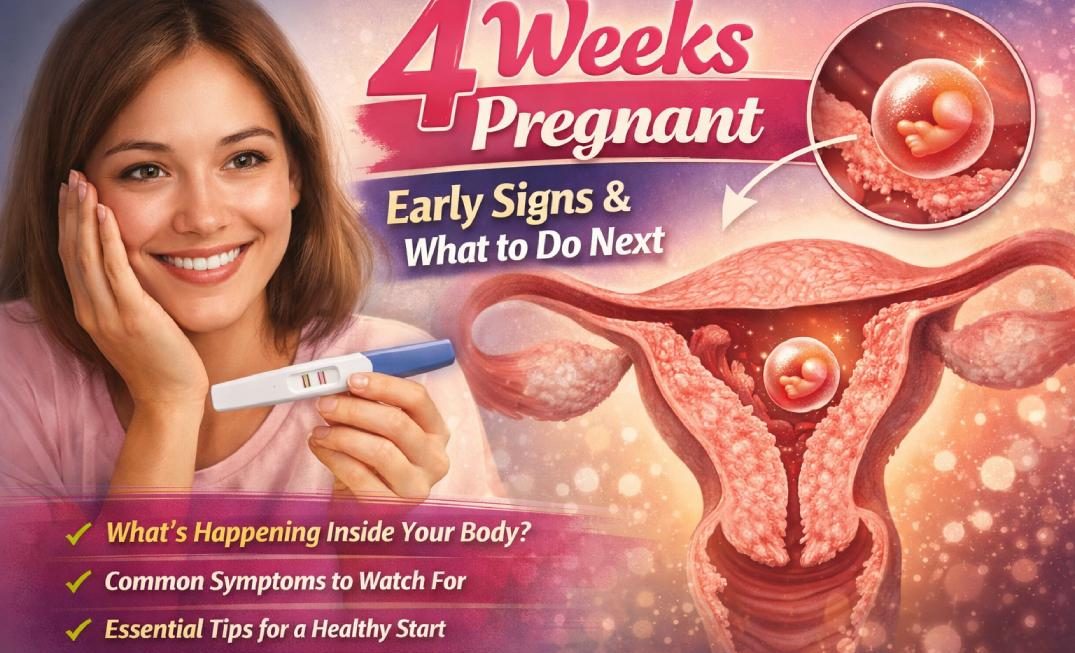Welcome to our comprehensive guide on caffeine consumption during pregnancy. Expectant mothers often have questions about what’s safe for them and their growing baby. Caffeine, a common stimulant found in various beverages and foods, is one such concern. In this article, we’ll delve into the intricacies of caffeine intake during pregnancy, exploring recommended limits, potential risks, and practical tips for managing caffeine consumption. Whether you’re a first-time mom-to-be or seeking updated information, read on to ensure a healthy and informed pregnancy journey.
Understanding Caffeine and Pregnancy
Caffeine, a natural compound found in coffee, tea, chocolate, and certain medications, acts as a stimulant on the central nervous system. Its effects on the body, including increased alertness and temporary energy boost, are well-documented. However, during pregnancy, caffeine metabolism changes, influencing its impact on both maternal and fetal health.
Safe Limits for Caffeine Intake
Health experts recommend that pregnant women limit their caffeine intake to mitigate potential risks. While individual tolerances may vary, guidelines suggest keeping caffeine consumption below 200 milligrams per day, equivalent to approximately one 12-ounce cup of brewed coffee. Exceeding this threshold may pose risks such as increased miscarriage risk, low birth weight, and developmental issues.
Factors Influencing Caffeine Sensitivity
Several factors influence how caffeine affects pregnant women, including metabolism, body weight, and individual sensitivity. Additionally, the source of caffeine matters; beverages like coffee typically contain higher caffeine concentrations than tea or soda. Understanding these factors can help expectant mothers make informed decisions about their caffeine consumption.
Assessing Caffeine Content in Common Beverages
To manage caffeine intake effectively, it’s crucial to know the caffeine content of popular beverages. While coffee is a primary source of caffeine for many, other drinks like tea, soda, and energy drinks also contribute to daily consumption. Being aware of caffeine levels in these beverages empowers pregnant women to make healthier choices.
Navigating Caffeine Alternatives
For expectant mothers looking to reduce or eliminate caffeine from their diet, exploring alternative beverages can provide satisfying options without compromising taste or enjoyment. Herbal teas, decaffeinated coffee, and fruit-infused water are popular choices that offer hydration and flavor without the stimulant effects of caffeine.
FAQs about Caffeine Intake During Pregnancy:
- Is it safe to drink decaffeinated coffee during pregnancy?
- Yes, decaffeinated coffee is generally considered safe during pregnancy as it contains minimal caffeine content. However, it’s essential to check labels for any potential additives or caffeine remnants.
- Can I consume tea while pregnant?
- Moderate tea consumption is generally safe during pregnancy, as long as it’s within recommended caffeine limits. Herbal teas, such as chamomile or peppermint, are caffeine-free and can be enjoyed throughout pregnancy.
- What about chocolate cravings during pregnancy?
- While chocolate contains caffeine, the amount varies depending on the type and serving size. Opting for dark chocolate in moderation can satisfy cravings without exceeding caffeine limits.
- Are energy drinks safe to consume while pregnant?
- Health experts advise against consuming energy drinks during pregnancy due to their high caffeine and sugar content. These beverages may pose risks to maternal and fetal health and should be avoided.
- How can I manage caffeine withdrawal symptoms during pregnancy?
- Gradually reducing caffeine intake over time can help minimize withdrawal symptoms such as headaches and fatigue. Additionally, staying hydrated and getting adequate rest can alleviate discomfort during the transition.



